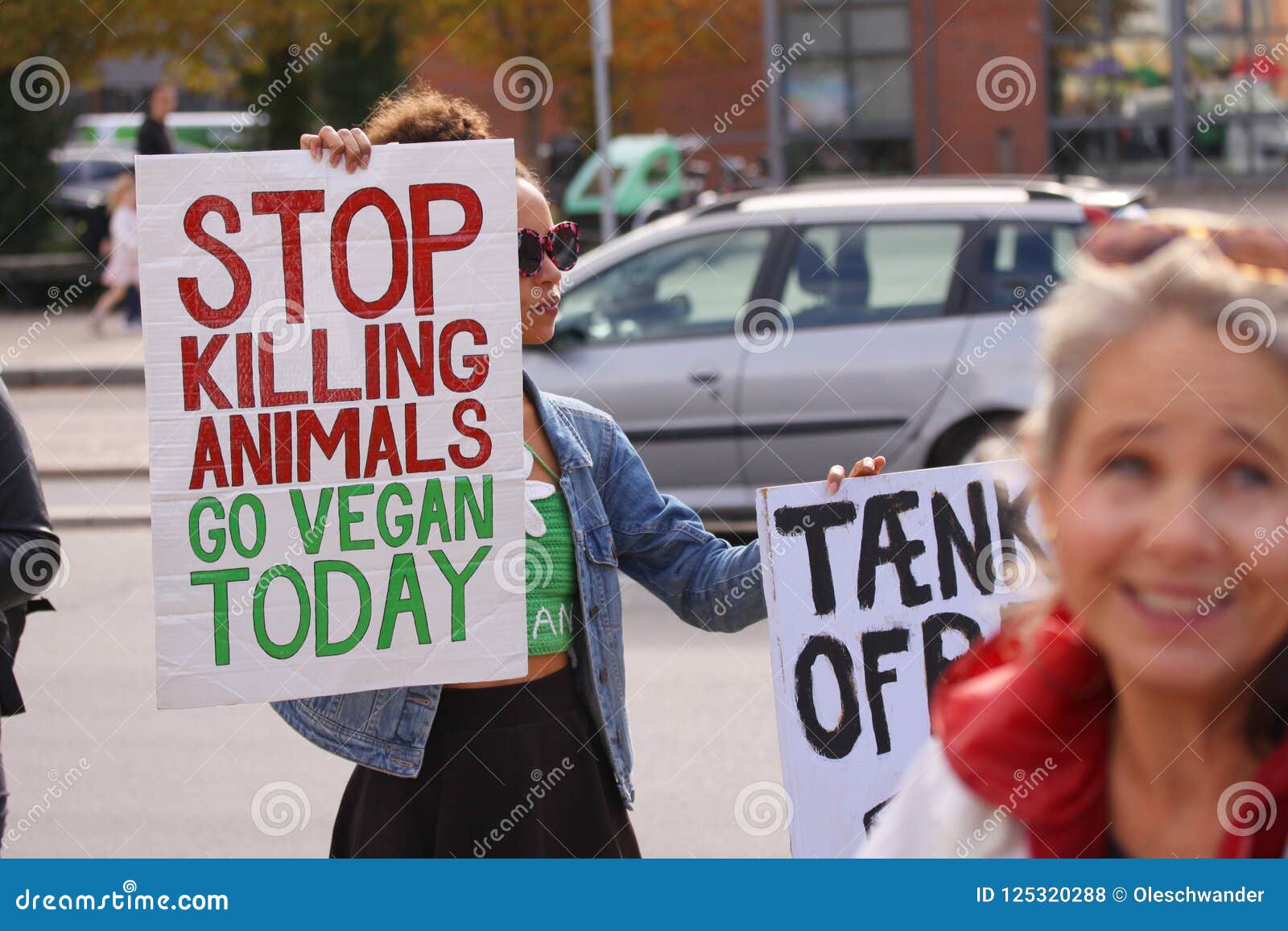Is eating animals truly an act of animal cruelty? This question has permeated the realms of ethical discourse, particularly within the context of veganism. Advocates on both sides present compelling arguments, but from a vegan perspective, the assertion that consuming animals constitutes cruelty stands as a moral imperative. This article aims to explore this pressing issue, delving into the ethical ramifications of eating animals and the inherent suffering involved in their production.
First, let’s examine the philosophical underpinnings of the vegan perspective. Veganism is rooted in the belief that all sentient beings, regardless of their species, possess intrinsic value and the right to live free from harm. Vegans argue that sentience — the capacity to feel pain, pleasure, and a range of emotions — is a crucial criterion for moral consideration. Animals, too, experience fear, distress, and suffering. By consuming animal products, one potentially perpetuates a cycle of pain. Thus, the question arises: if one seeks to avoid causing harm, can they ethically justify eating meat?
To understand this ethical dilemma, one must traverse the landscape of modern animal agriculture. Intensive farming practices often result in horrendous conditions for animals. Crammed into overcrowded spaces, deprived of sunlight, and subjected to inhumane treatment, animals in factory farms live lives that starkly contrast with the idyllic images of pastoral farms often portrayed in media. This grim reality poses a challenge for those who consume animal products — can one truly claim to be humane while supporting an industry that treats living beings with such brutality?
The environmental perspective further complicates the narrative surrounding meat consumption. The environmental degradation caused by animal agriculture has been exacerbated in recent decades. Deforestation, greenhouse gas emissions, and depletion of resources are all consequences of this industry. A large percentage of crops grown are fed to livestock rather than directly to humans. This misallocation has profound implications not only for animal welfare but also for food security on a global scale. When pondering the ethical implications of eating animals, one must consider the ecological footprint that accompanies such dietary choices.
Let’s pose another question: Could adopting a vegan lifestyle be seen as an expression of compassion? By choosing to abstain from consuming animal products, individuals align their dietary habits with their ethical beliefs. Veganism extends beyond personal choice; it represents a collective movement advocating for the rights of animals and a sustainable future. This ideology thrives on the premise that compassion should prevail over convenience. As society progresses, the challenge to reconsider established norms becomes paramount. Are we prepared to shift our practices to promote a more humane existence for all living beings?
Moreover, the narrative surrounding nutrition adds another layer to the discussion. Many argue that animal products are essential for health, yet an increasingly vocal community of nutrition experts champions plant-based diets as not only viable but superior in promoting health. The nutrient-dense offerings of fruits, vegetables, legumes, nuts, and whole grains provide the necessary components for a balanced and healthy diet. Not only does this align with the ethical stance against animal cruelty, but it also offers a pathway toward improved personal health. The argument that consuming animals is necessary for sustenance is increasingly challenged by scientific research that highlights the benefits of plant-based nutrition.
However, the transition to a vegan lifestyle can be perceived as a daunting endeavor. Critics often point to the cultural significance of meat consumption, arguing that culinary traditions are intrinsically tied to communal identity and family heritage. This presents a legitimate challenge to the vegan advocacy movement. How can one reconcile the desire to foster community while promoting ethical eating habits? It requires not just a shift in dietary preferences but a broader cultural transformation that values compassion over tradition.
In confronting the question of animal cruelty, it is vital to address the psychological mechanisms that underlie meat consumption. Cognitive dissonance emerges when individuals grapple with the disparity between their dietary habits and their moral convictions. Many people claim to love animals, yet turn a blind eye to the suffering inflicted upon them for food. This paradox reflects a societal reluctance to confront uncomfortable truths. The challenge lies in fostering an awareness, encouraging individuals to reflect on their choices and consider the implications of their eating habits.
Importantly, the vegan perspective is not merely a rejection of meat consumption but an invitation to embrace a world wherein all beings are treated with dignity and respect. Veganism calls for a re-evaluation of our relationship with animals, urging society to reconsider what it means to coexist sustainably and ethically. By choosing compassion, we cultivate a future in which all living beings can flourish.
In conclusion, the question of whether eating animals constitutes animal cruelty invites deep reflection on ethical, environmental, and nutritional grounds. The vegan perspective argues increasingly for a compassionate approach that recognizes the sentience of animals and advocates against their suffering. As individuals navigate this complex terrain, they confront the challenge of aligning their diets with their values. The journey toward ethical eating extends beyond individual choices; it is a call to action that seeks to foster a culture of kindness and sustainability. To eat ethically is to engage in a broader dialogue about our responsibilities, and in doing so, we may just discover a path that leads to a more harmonious existence with all living beings.








